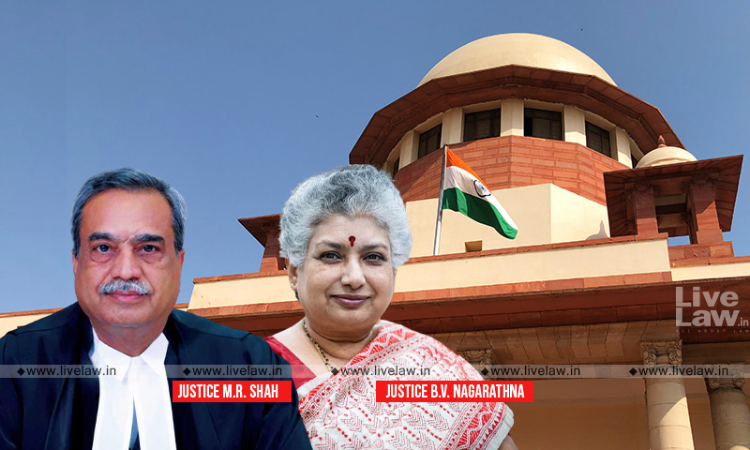Section 11(6A) Arbitration Act Does Not Prevent Courts From Considering Issue Of Arbitrability : Supreme Court
ausaf ayyub
22 July 2022 7:45 AM IST

Next Story
22 July 2022 7:45 AM IST
Despite the insertion of Section 11(6A) in the Arbitration and Conciliation Act 1996, the Courts are not denuded of the power to examine the issue of non-arbitrability and jurisdiction at the stage of considering application of appointment of arbitrators under Section 11, held the Supreme Court recently.In this case Indian Oil Corporation Limited v. NCC Limited, the Supreme Court...
